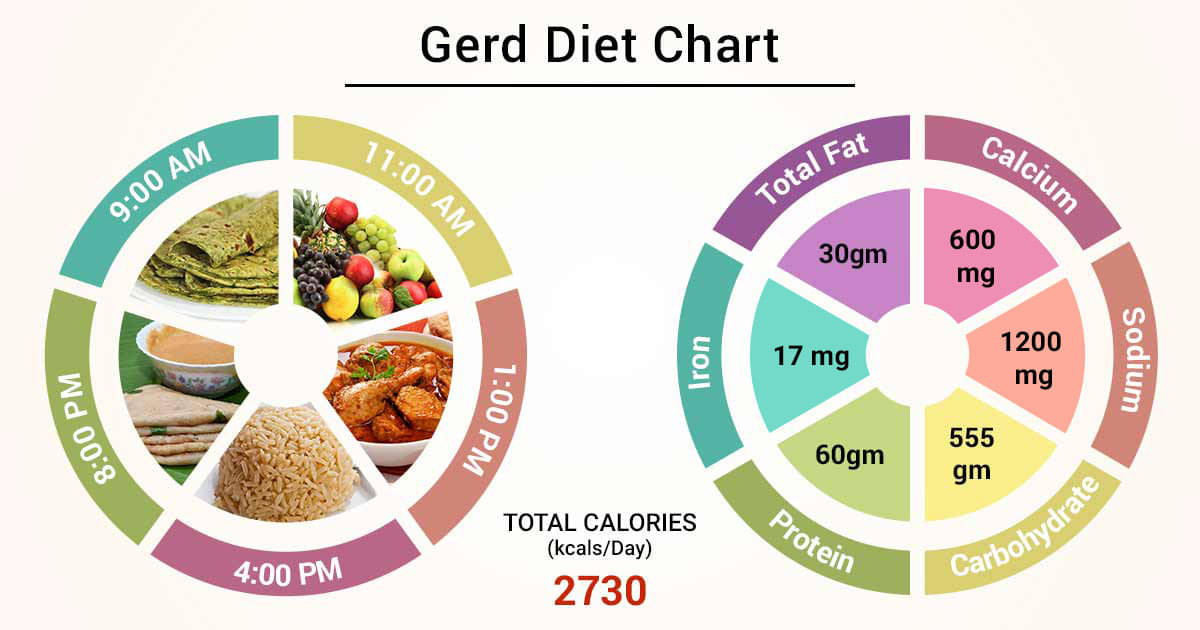Are you looking to manage your GERD symptoms? If you are, you have come to the right place. There are many diet plans you can try to manage your GERD symptoms without relying on medications. One of the most popular plans is the GERD diet plan. The GERD diet plan is a combination of specific foods and eating habits that help to reduce and manage GERD symptoms.
The Basics of the GERD Diet Plan
The GERD diet plan consists of avoiding certain food and eating habits, and making important lifestyle changes. These changes can help to manage your GERD symptoms, but they must be followed consistently in order to be effective. The most important part of the GERD diet plan is to avoid certain trigger foods. These trigger foods are acidic and high in fat, which can aggravate GERD symptoms. Common trigger foods include processed foods, red meats, fried foods, high-fat dairy, and spicy foods.
Foods to Include in the GERD Diet Plan
 When it comes to the GERD diet plan, it’s important to focus on including foods that can help to reduce GERD symptoms. These foods are generally considered to be safe and can help to reduce GERD symptoms. Examples of foods to include in the GERD diet plan include low-fat lean proteins, fruits and vegetables, whole grains, and probiotic and prebiotic-rich foods. These foods are rich in fiber and antioxidants, which can help to reduce inflammation in the digestive system. Eating small, frequent meals throughout the day can also help to manage GERD symptoms.
When it comes to the GERD diet plan, it’s important to focus on including foods that can help to reduce GERD symptoms. These foods are generally considered to be safe and can help to reduce GERD symptoms. Examples of foods to include in the GERD diet plan include low-fat lean proteins, fruits and vegetables, whole grains, and probiotic and prebiotic-rich foods. These foods are rich in fiber and antioxidants, which can help to reduce inflammation in the digestive system. Eating small, frequent meals throughout the day can also help to manage GERD symptoms.
The Role of Stress and Lifestyle in the GERD Diet Plan
 In addition to making dietary changes, managing stress and lifestyle habits plays an important role in managing GERD symptoms. Stress can aggravate GERD symptoms because it increases the production of stress hormones, which can cause inflammation in the digestive system. Therefore, it is important to find ways to reduce and manage stress. Examples of stress-management techniques include yoga and meditation, walking, and deep breathing exercises. Other lifestyle changes that can help to reduce GERD symptoms include avoiding smoking, eating smaller meals throughout the day, avoiding tight-fitting clothing, and avoiding eating too close to bedtime.
In addition to making dietary changes, managing stress and lifestyle habits plays an important role in managing GERD symptoms. Stress can aggravate GERD symptoms because it increases the production of stress hormones, which can cause inflammation in the digestive system. Therefore, it is important to find ways to reduce and manage stress. Examples of stress-management techniques include yoga and meditation, walking, and deep breathing exercises. Other lifestyle changes that can help to reduce GERD symptoms include avoiding smoking, eating smaller meals throughout the day, avoiding tight-fitting clothing, and avoiding eating too close to bedtime.
Tips for Starting the GERD Diet Plan
 Making changes to your diet and lifestyle can be difficult. Here are some tips to help you get started with the GERD diet plan:
Making changes to your diet and lifestyle can be difficult. Here are some tips to help you get started with the GERD diet plan:
- Start slow. Making too many changes at once can be overwhelming. Start with small, gradual changes and work up to larger changes as you become more comfortable.
- Plan ahead. Planning your meals and snacks ahead of time can make sticking to the GERD diet plan easier. Prepare meals in advance and have healthy snacks on hand to make it easier to stick to the plan.
- Stay hydrated. Drinking plenty of water can help to reduce GERD symptoms. Drinking 8-10 glasses